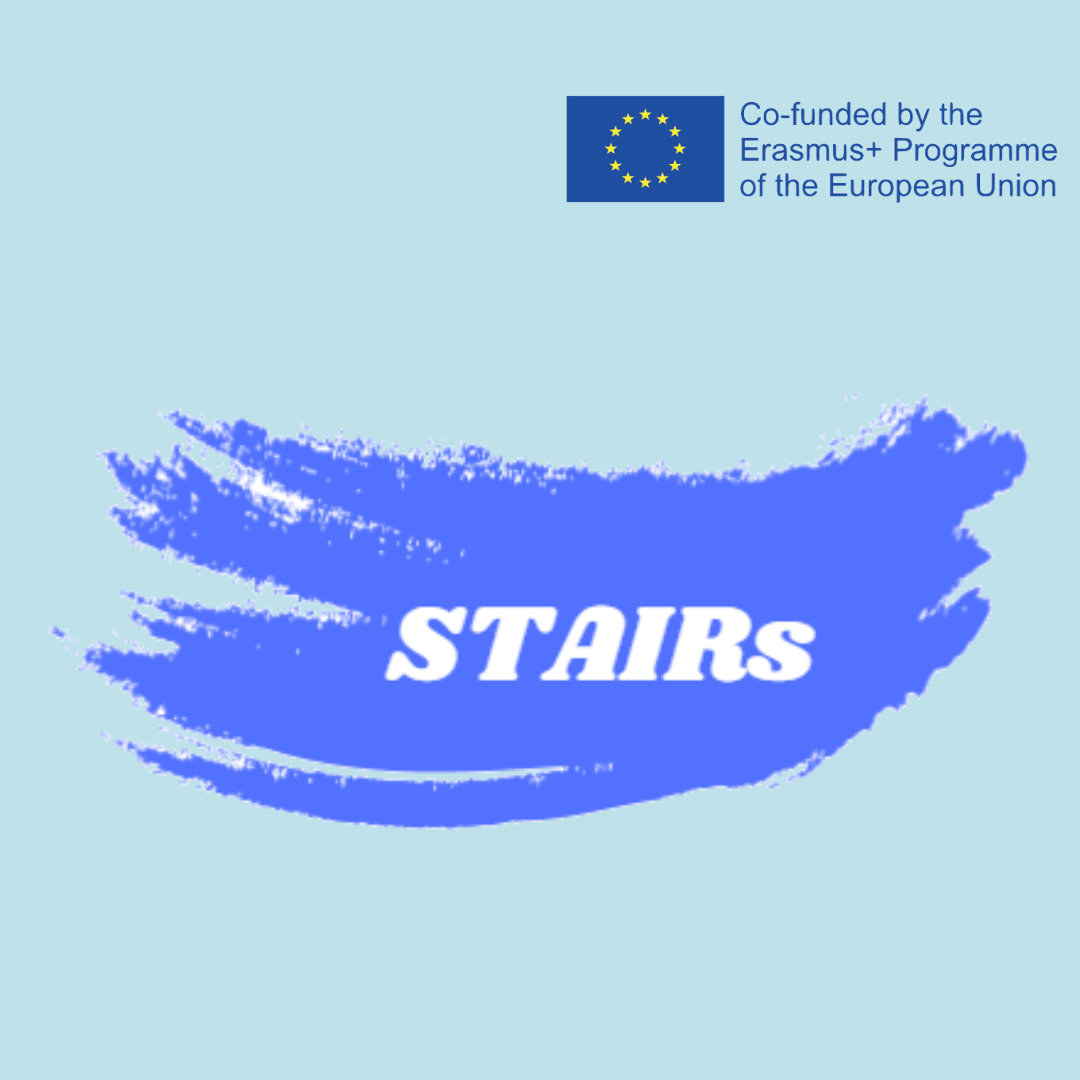STAIRS
The European Union has a specific interest in indoor air quality (IAQ). In recent years, IAQ has become even more important, especially in times of the coronavirus pandemic. Especially in classrooms, regular ventilation is essential to keep the potential viral load in the air as low as possible and thus reduce the likelihood of infection with the corona virus.
But also the concentration of other pollutants, such as particulate matter (PM) or volatile organic compounds (VOC), which are responsible for symptoms such as concentration problems, headaches and dizziness. However, especially young people, have only a general idea of air pollutants.
This can be explained by the fact that many of these air pollutants are both odorless and colorless and can only be detected by special sensors, air pollution has become a problem that the world must confront and address immediately.
The effects of poor air quality can affect students both mentally and physically, depriving them of the good education they deserve. The project will provide a toolkit, guidelines and videos to provide students with a comprehensive picture of the topic of air quality and thus strengthen their environmental awareness, declarative, conceptual and procedural knowledge must be combined. This will be implemented through a STEM approach that includes knowledge of coding, different sensor principles, types of pollutants, their limitations, health effects on humans and strategies to maintain good air quality, both indoors and outdoors.
To ensure that this knowledge does not remain inert, authentic learning scenarios with direct relevance to everyday life will be provided. In particular, exercises and experiments that measure pollutants in indoor air provide the opportunity to apply what has been learned in a context-oriented manner. By linking measurement performance with sensors and the subsequent interpretation of measurement results, environmental awareness with regard to IAQ can be sharpened.
This can be achieved by measuring pollutants with sensors and then interpreting and classifying the measurement results with other EU regions. Based on these experiences, students are encouraged to develop their own research questions on air quality.
Website and project platform
To access the project website, CLICK HERE







